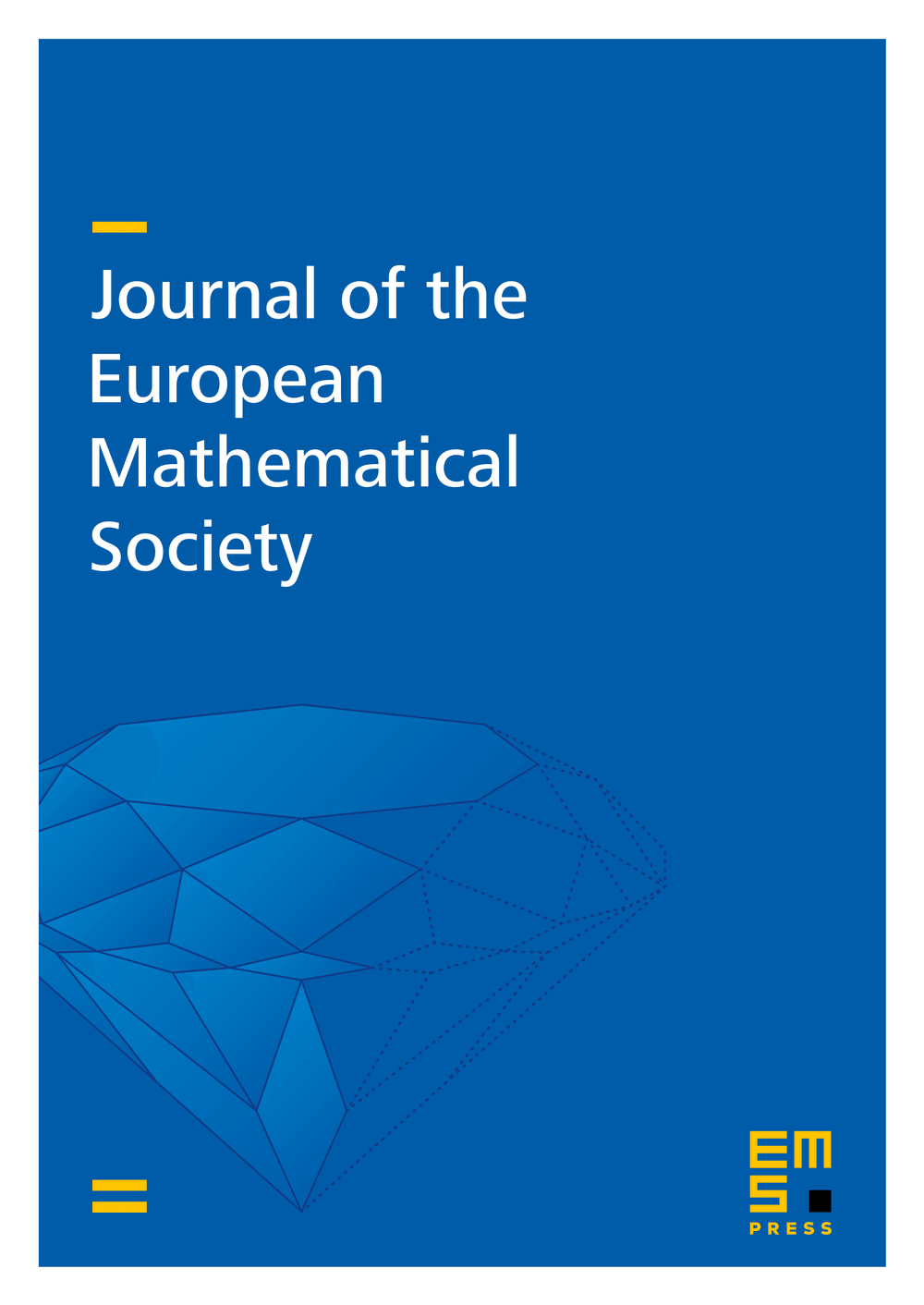Twists and braids for general 3-fold flops
Will Donovan
University of Tokyo, JapanMichael Wemyss
University of Glasgow, UK

Abstract
Given a quasi-projective 3-fold with only Gorenstein terminal singularities, we prove that the flop functors beginning at satisfy higher degree braid relations, with the combinatorics controlled by a real hyperplane arrangement . This leads to a general theory, incorporating known special cases with degree 3 braid relations, in which we show that higher degree relations can occur even for two smooth rational curves meeting at a point. This theory yields an action of the fundamental group of the complexified complement on the derived category of , for any such 3-fold that admits individually floppable curves. We also construct such an action in the more general case where individual curves may flop analytically, but not algebraically, and furthermore we lift the action to a form of affine pure braid group under the additional assumption that is -factorial.
Along the way, we produce two new types of derived autoequivalences. One uses commutative deformations of the scheme-theoretic fibre of a flopping contraction, and the other uses noncommutative deformations of the fibre with reduced scheme structure, generalising constructions of Toda and the authors [T07, DW1] which considered only the case when the flopping locus is irreducible. For type A flops of irreducible curves, we show that the two autoequivalences are related, but in other cases they are very different, with the noncommutative twist being linked to birational geometry via the Bridgeland–Chen [B02, C02] flop-flop functor.
Cite this article
Will Donovan, Michael Wemyss, Twists and braids for general 3-fold flops. J. Eur. Math. Soc. 21 (2019), no. 6, pp. 1641–1701
DOI 10.4171/JEMS/868